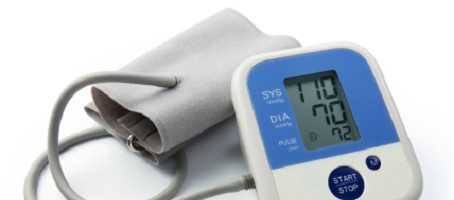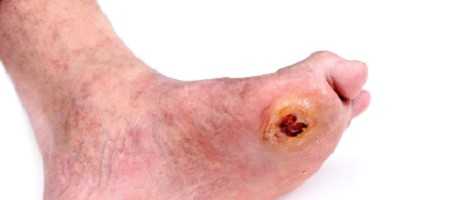A process which burns away nerves of the kidneys, renal denervatio, will be tested to see if the treatment is able to improve insulin resistance in people with type 2 diabetes.
Renal denervation is a treatment that is currently available on the NHS to be used in people that have hypertension (high blood pressure) that is resistant to blood pressure medications. However, in a pilot study run by Monash University, Australia, a number of people with type 2 diabetes, that took part in the study, showed evidence of improvement in insulin sensitivity as well as blood pressure.
To assess the effect of renal denervation on insulin resistance, a small trial of 20 participants with type 2 diabetes will be run.
The procedure of renal denervation involves a catheter (a thin hollow wire) being inserted into the femoral vei, a major blood vessel which runs from the inner thigh past the groin. The catheter is guided up the vein towards the renal artery. Low-power radiofrequency energy is then applied which burns away nerves of the renal artery. The procedure takes place under local anaesthesia, a sedative and anticoagulant medication.
The treatment works by disrupting the sympathetic nervous system and decreasing the effects of stress responses in the body. Research has shown that stress responses can have significant effect on blood pressure and insulin resistance.
To date, the procedure appears to demonstrate good safety but as it is still a relatively new treatment, more studies, such as the one by Monash University, will be required to test whether the treatment is effective as well as monitoring for any adverse effects.
What's new on the forum? ⭐️
Get our free newsletters
Stay up to date with the latest news, research and breakthroughs.





